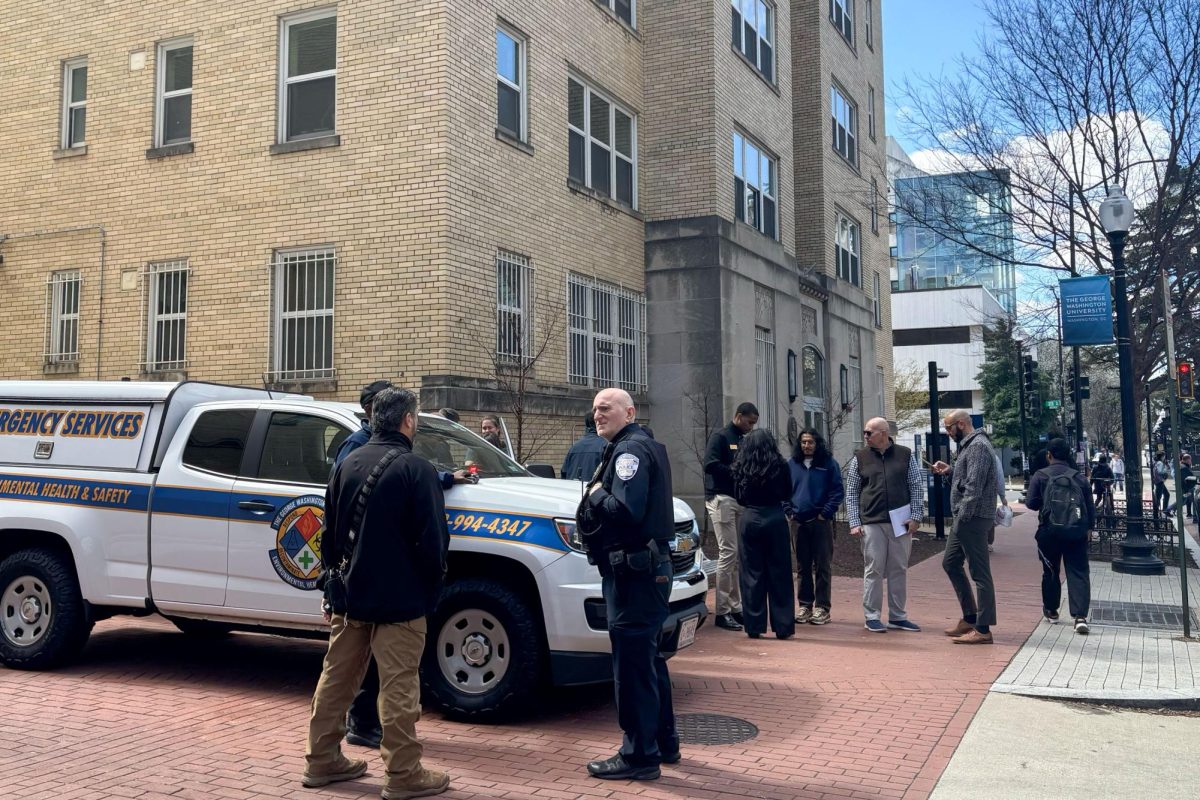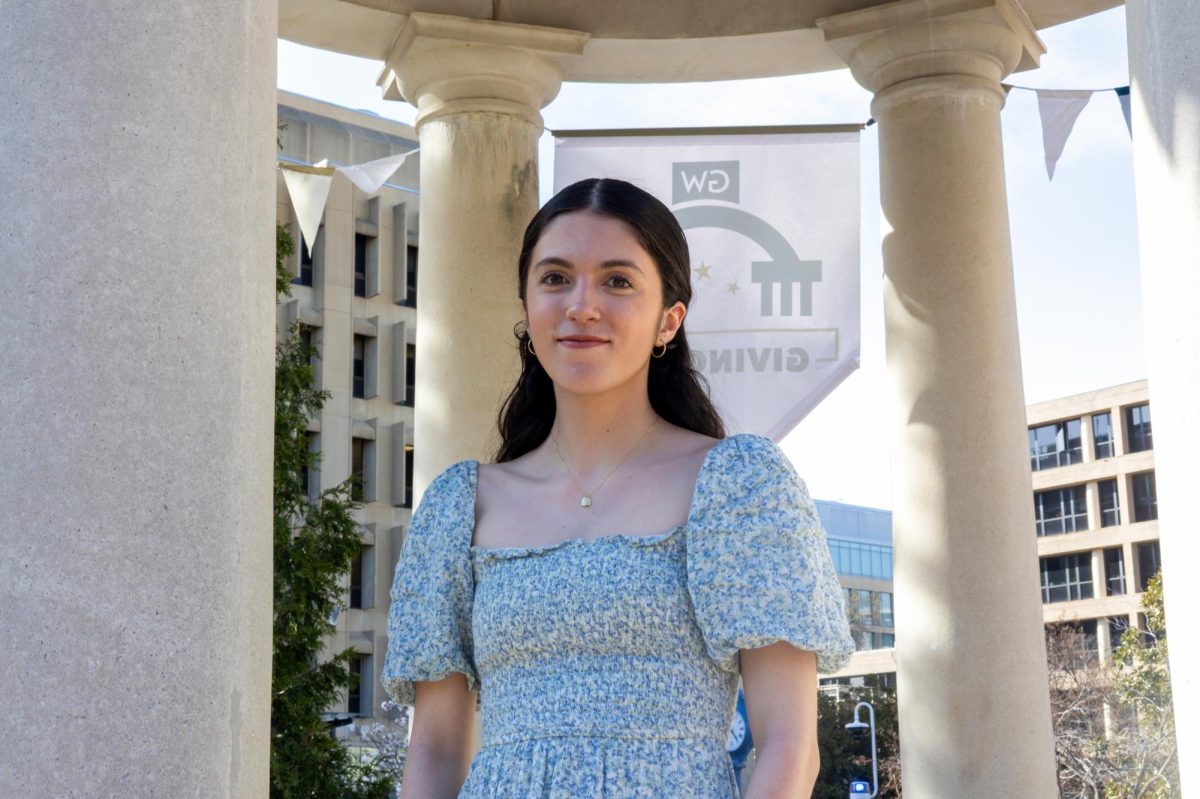Former Independent Counsel and GW alumnus Kenneth Starr spoke on campus Tuesday night about the failings of the Independent Counsel Act in light of the Watergate scandal and his recent Whitewater investigation.
One of the things that was misguided in the wake of Watergate was the creation of the Independent Counsel statute, said Starr, who resigned from his post in the middle of October.
Starr addressed a group of about 25 students from the Watergate 723 Program at the Hall on Virginia Avenue, a living and learning program in the residence hall that focuses on the historic scandal and its social and political effects on the nation.
The Watergate scandal centered on the 1972 break-in to the Democratic National Committee headquarters during Richard Nixon’s presidency. The ensuing cover-up and investigation led to Nixon’s resignation in 1974. In response to the scandal, Congress passed the Ethics in Government Act in 1978, establishing the position of the independent counsel to prevent a conflict of interest when the attorney general investigates the president who appointed him or her. The act expired June 30, but there remains discussion in Congress of reforming and renewing the act.
Starr said the theory behind the independent counsel statute was to take discretion away from the attorney general and give it to an outside prosecutor. After the act was passed, the attorney general no longer had the authority to appoint the federal prosecutor, Starr said. Instead, the decision was to be made by three federal judges.
Starr said this theory was profoundly misguided because there were no checks on the independent counsel appointments.
What we know after 20 years is that this mechanism (the ICA) doesn’t work, Starr said.
With no one to be held accountable for the actions and investigations of the independent counsel, the counsel’s office is unfairly left to defend itself and its work, Starr said.
For the system to work, there needs to be sound structures that are accountable, he said.
Starr said he advocates the attorney general appointing a prosecutor and taking responsibility for the investigation while at the same time remaining separate from the proceedings.
Starr also discussed some of the ramifications the Watergate scandal had on the public.
There was no justification for the lies that were tumbling out to the American public, Starr said. Watergate was the coup de gr?ce. After Watergate the American people became very cynical about their government.
I hope my children would look at (Watergate) as a moral lesson, Starr said. How stupid of a president to throw it all away by lying about a cheap third-rate burglary.
Starr fielded several questions concerning the Monica Lewinsky scandal, which stemmed from the Whitewater investigation.
Whitewater was different for Americans than Watergate because they couldn’t tune it out, Starr said. With the 24-hour media cycle, you couldn’t get away from it. People have certainly become, again, more alienated from the government by Whitewater.
Freshman Andrew Goldberg asked Starr why he never interviewed personally any of the witnesses during the investigation.
I thought it better to have the career prosecutors, who are exquisitely experienced civil servants in this area, meet and work with the witnesses, Starr said. I never met Monica. I didn’t want to make her feel any more awkward than she already did.
Students from the Watergate 723 community accompanied Starr upstairs after the event to the notorious Room 723, which in 1972 served as a lookout while the famous break-in transpired across the street.
Starr received his undergraduate degree in political science from GW in 1968. During his tenure at the University, he was a member of GW’s Young Democrats.
Oh, I loved GW, he said. Socially though, you know, I really palled around on Capitol Hill a lot because I was there most of the time working. Great education. The best part was (GW) gave me a full ride to Brown University for grad school. A full ride! You believe that?






